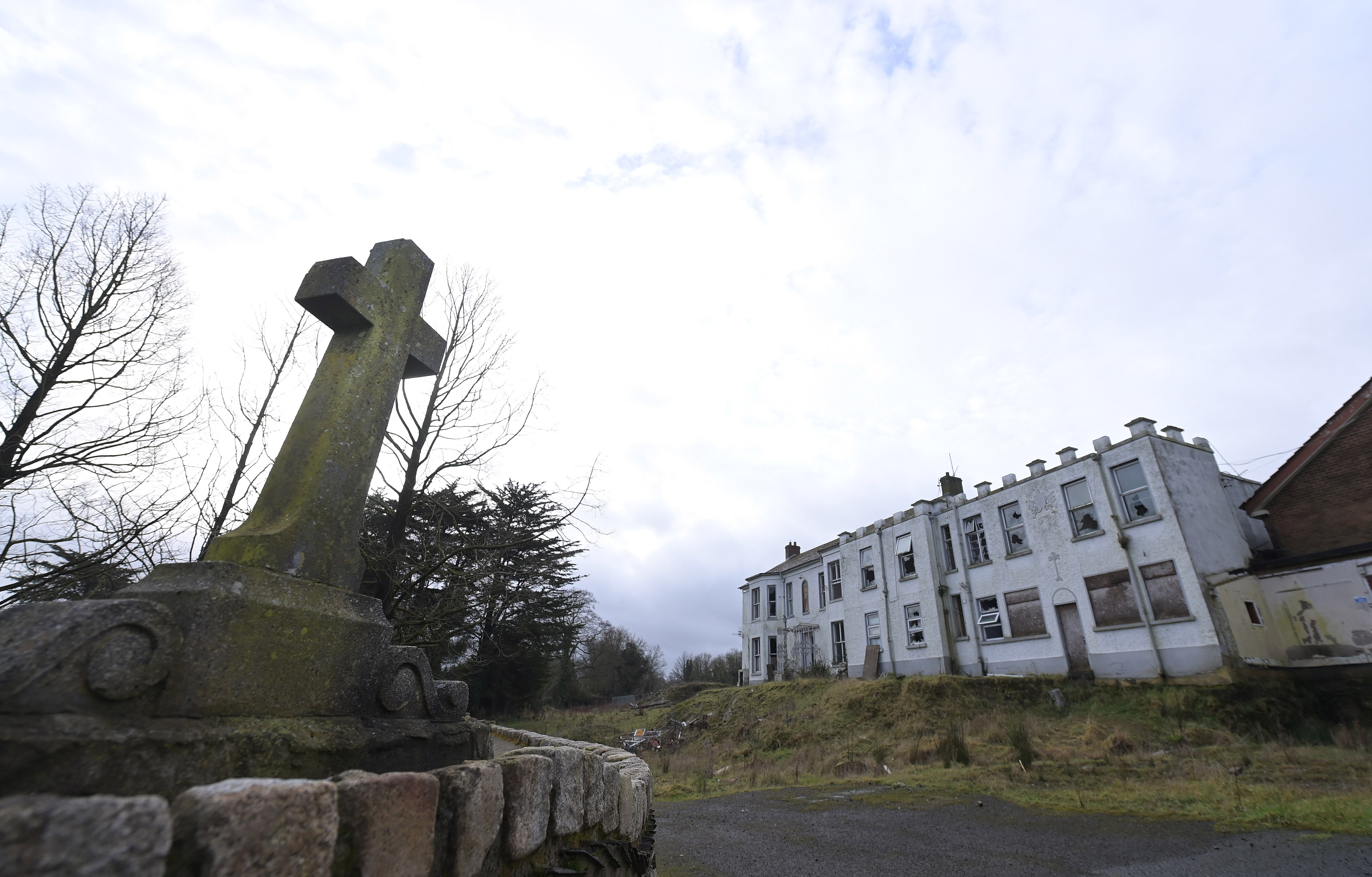Experts recommend public inquiry into Northern Ireland’s mother and baby homes
Thousands of women and girls were subjected to hard unpaid labour

A public inquiry has been recommended to investigate the conditions and practices in mother and baby homes, Magdalene laundries and workhouses in Northern Ireland.
A Stormont-commissioned expert panel has recommended the setting up of a public inquiry into the mistreatment of thousands of women and girls sent to these institutions after getting pregnant out of wedlock.
Some women died in the laundries after spending most of their lives doing hard unpaid labour.
More than 14,000 women and girls went through the doors of the institutions over 68 years between 1922 and 1990, according to a major academic research report published earlier this year by Queen’s University and Ulster University.
They were sent to the institutions by family, church leaders, courts, police, probation, welfare and GPs.
Survivors have claimed that they were subjected to labour such as scrubbing floors during the last trimester of pregnancy, and were described as “fallen” for having been victims of rape, incest, or “unlawful carnal knowledge”.
Some of the women and teenage girls had alcohol dependency, behavioural issues, and learning difficulties.
The study found that they were mistreated, held against their will and forced to give up their children for fostering or adoption.
The youngest was 12, and the oldest 44. However, a third were under the age of 19.
The findings prompted Stormont ministers to commission an expert panel to work with survivors to design the format of the investigation.
The group has also recommended the setting up of a non-statutory independent panel that would run in parallel to the inquiry so that people who were sent to the institutions can give testimony in a less adversarial format than an inquiry hearing.
The experts have also said that compensation payments should be paid to the survivors.
Legislation should also be passed to ensure access to the records of the institutions under scrutiny, the panel said.
Deirdre Mahon, chair of the Truth Recovery Design Panel, said the experts’ decision comes “too late for many, and it is essential that these recommendations are acted on without delay”.
Other measures recommended by the panel include the offering of public apologies from the state and all institutions involved, funding for health and wellbeing services for survivors, and funding for voluntary DNA testing.
They also recommended legal aid for affected people to access the courts or inquest system, citizenship for those who lost their entitlement due to removal from the jurisdiction as a child, and the provision of gravestones and memorials.
Other expert members of the design panel who sat alongside Ms Mahon were Dr Maeve O’Rourke, a lecturer in human rights at National University of Ireland Galway, and Professor Phil Scraton, a Queen’s University academic known for his work investigating the 1989 Hillsborough disaster.



Bookmark popover
Removed from bookmarks